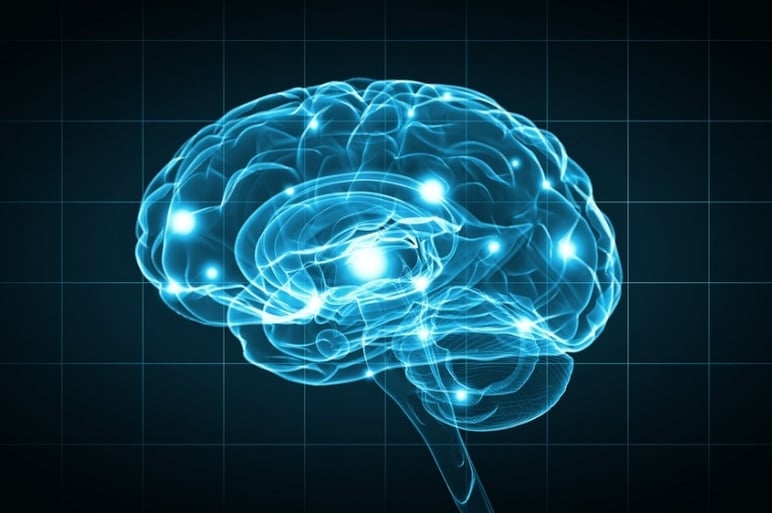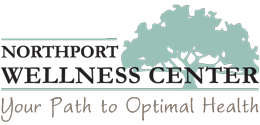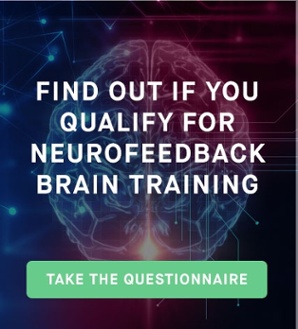
While some may not be familiar with neurofeedback therapy, it has proven to be effective in producing numerous benefits to an individual's brain health. Neurofeedback aims to provide positive neural reinforcement, subsequently regulating a patient's brainwaves. Brainwaves functioning in dysregulated patterns could have negative side effects, such as a lack of focus, sleep loss, and/or memory issues. Many of these conditions can be successfully addressed with neurofeedback therapy.
Five facts about neurofeeback are:
1. It’s a non-invasive, holistic treatment.
Although brain neurofeedback may sound intimidating, it’s actually a non-invasive and painless program that doesn’t involve prescription drugs.
Sessions usually last about half an hour. The patient views an engaging movie or TV show, preferably one that is non-violent—as those often provoke negative emotions. A trained neurofeedback provider simultaneously monitors the patient’s brainwaves through special sensors attached to his or her head. This assists in training the brainwaves to self-regulate, thus improving the patient’s condition.
2. It pairs well with other health services.
Neurofeedback therapy isn’t always used as a sole treatment. Oftentimes, to maximize results, this program is included in individualized recovery plans in collaboration with other health services.
Christina Gravinese, a neurofeedback provider at the Northport Wellness Center, often recommends chiropractic care along with neurofeedback, because the two treatments combined could promote even greater benefits.
Nutrition may also be a critical component, according to Ms. Gravinese. "If the gut is not functioning to its fullest potential, the brain is not going to either, so we try to help people through nutritional counseling,” she explains.
3. It could help people who suffer from an array of injuries or health disorders.
There are multiple health conditions and injuries neurofeedback therapy could address. Neurofeedback therapy is both safe and effective for adults and children and could assist them in addressing the following conditions:
- Chronic Fatigue
- ADHD
- Autism
- Brain Injuries
- Depression
- Anxiety
4. It isn’t just for people who are trying to manage or heal from specific health conditions.
Despite what some may think, neurofeedback therapy could also be beneficial to those who aren’t necessarily suffering from health challenges. In fact, one of Ms. Gravinese’s shared goals with the Northport Wellness Center is to encourage inquiries about services, such as neurofeedback training, to help “achieve peak performance and keep them healthy, rather than fix a problem,” she says. “It’s always great when somebody comes to me and says, ‘Oh, I have no issues, I just want to make sure I still have no issues going forward,’" adds Ms. Gravinese.
5. It affects people at different rates.
Depending on an individual's reason(s) for undergoing neurofeedback therapy, the amount of time it takes to see results varies. For example, those with ADHD usually begin noticing a positive impact after about 30 sessions. Someone who suffered a traumatic brain injury will typically need to attend at least 80 sessions. Mapping out and regularly reviewing customized treatment plans for each client are such important responsibilities of a neurofeedback provider and serve to achieve optimal results for each individual.
Find out more about the Northport Wellness Center’s neurofeedback services.












